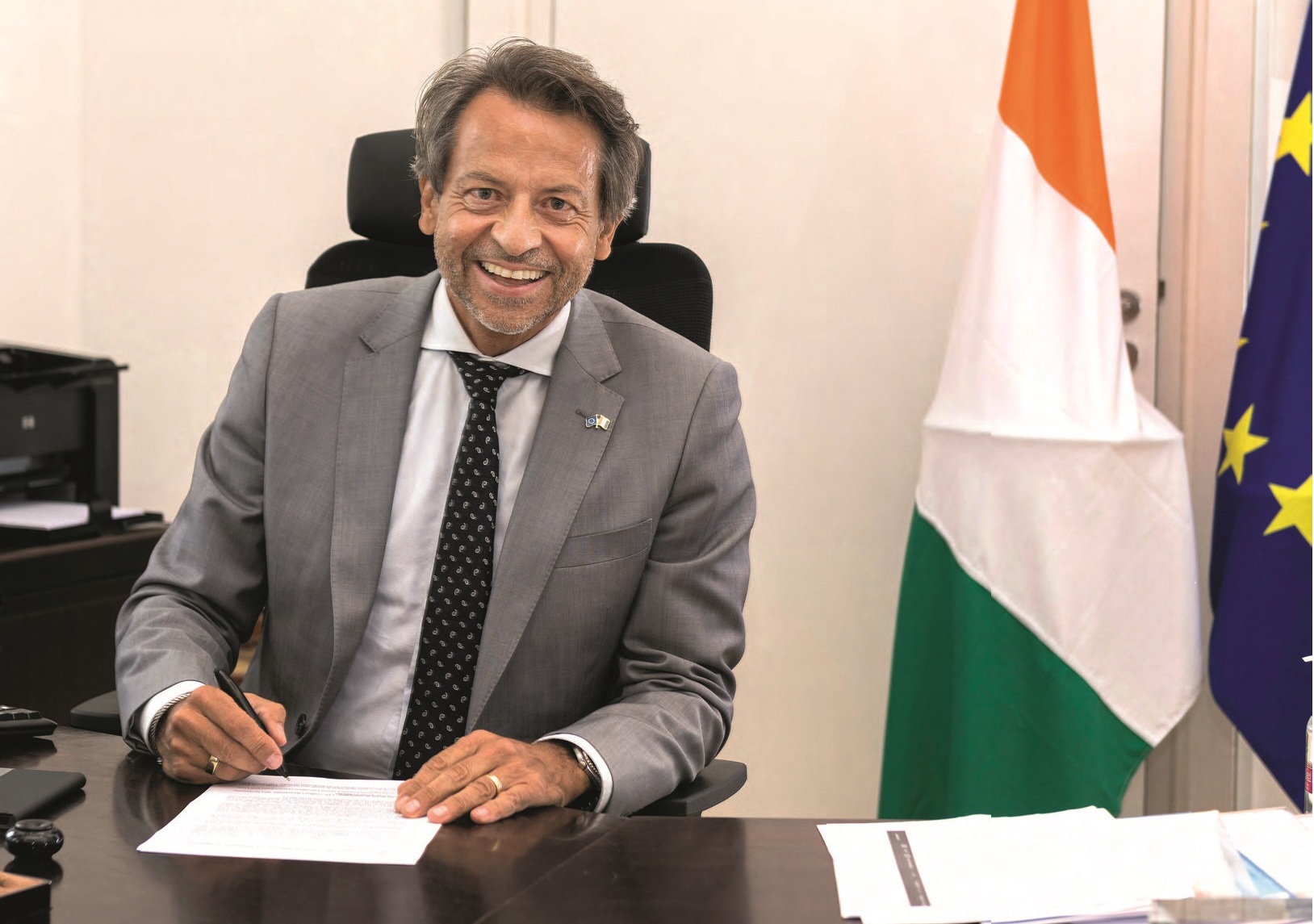There is an ease with which we as Zimbabweans refuse to discuss international/foreign aid to our national existential circumstances. And here I am not yet talking about the Private Voluntary Organisations Act (PVOA) signed into law last Friday.
Together with self-censorship about what the recent closure of the United States Agency of International Development (USAID) via the current American President Trump’s executive order directive contextually means.
Or rather shockingly, the European Union (EU) ambassador to Zimbabwe’s Jobst Van Kirchman recent weekend statement about cancelling aid to ‘governance programmes’ and what it may mean for our local civil society organisations. Particularly those that have been assiduously working on human rights and democracy issues with EU support.
It is a self-censorship that is cautious not to upset the solidarity apple cart. Mainly because a lot of comrades and colleagues who have been genuine progressive democracy activists are saddled with solidarity support intentions to improve the lived reality of many Zimbabweans. Even after our national independence.
And this has been the case from Zimbabwe’s liberation struggle where we interacted with many global/international partners who were in solidarity with us and our progressive causes.
To put it simply, we have as Zimbabweans always been recipients of donor aid for many reasons. We received it for the purposes of supporting the liberation struggle. We have received it in times of famine and we have received it in order to help countries like Mozambique, Namibia and South Africa arrive at sustainable peace.
The only time we averred from this relationship with international aid was when we were involved in the war in the Democratic Republic of the Congo (then Zaire) in the late 1990s.
So Zimbabwe has always had a relationship with international aid. Particularly left leaning progressive dimensions of it. By the time we had the Economic Structural adjustment Programs (ESAP) which were African continent wide, we lost our bearings in relation to international relations and negotiating our place in them.
But we all know that the global poltical economy context has changed. There is no longer a direct ESAP. There is now neoliberalism writ large. Which we never thought would affect us in the distant global south. Until USAID funding was cut to what we as Africans and Zimbabweans always assumed was humanitarian solidarity. Or when even the EU also has decided to reduce bilateral funding to good governance and democracy programmes as of old.
What complicates this matter is the fact of an assumption by international partners including the USA government and other global north governments that we as Africans, while having worked with them, and grateful for their multi-faceted solidarities, that we cannot talk or argue back against what it turns out were non-contextual development ideas.
And this is not a complicated argument to make. What has happened with the real changes to aid and progressive solidarity support from the Global North to the Global South is tragic. Or when vice verasa we in the Global South support causes that relate to tackling global ‘techno feudalism” only to be shocked by the fact that electoral results indicate how racist Global North societies are.
What needs to now happen is that Africa needs to re-lecture itself. Historically and in the contemporary.
Whereas we used to rely on the progressive wisdom of for example the United Nations (UN) we now have to revert to a new Pan Africanism. One that is beyond the false hope that had been previously offered by Thabo Mbeki (South Africa), Tony Blair( United Kingdom), Abdel Aziz Bouteflika (Algeria), Bill Clinton(USA) and Abdoulaye Wade (Senegal). And what they then referred to via much pomp and fanfare as the ‘third way’.
In our naivety as Africans we thought we were global equals.
It turns out that the reality of the matter, as Africans and Zimbabweans, with Donald Trump as the USA president we are not.
Despite our ‘third way’ assumptions of an ‘African Renaissance’ as initially argued by Mbeki. We have now been shown the reality of what is global and international relations. And our over-reliance on assuming their stability and continuity as Africans.
With a list that is awkward in an emerging multi-polar world for Africa. Be it on the Chinese and Russian side or in our Zimbabwean government case where we seem to be leaning to the Americans. At least business wise.
What is imperative about Zimbabwe’s intelligentsia, in finance, political, health, gender, agricultural youth and entrepreneurship programmes that were funded by international donors is the key element of understanding emergent global funding realities. And realizing that we are on our own. Inclusive of changing our lifestyles to be more realistic. Even if we get donor support. And remembering to value progressive democratic causes over material wealth.
We do know that after Trump the world and assumptions of solidarity will never be the same. Neither in the short or long term. What is beginning to rule the roost are the politics of money and power. But as Africans, we have the revolutionary option of rethinking our Pan Africanism beyond the trade tariffs (they were never ours anyway). And rethinking what China means to us in the global economy that is where we are in the global south.
What we cannot be anymore is to be slaves to a global political economy that views us as a market.
We are not numbers. We are people.
Takura Zhangazha writes here in his personal capacity (takurazhangazha.com : takura-zhangazha.blogspot.com)
Featured image: Jobst Van Kirchman. Courtesy: Le Afrique

Leave a Reply